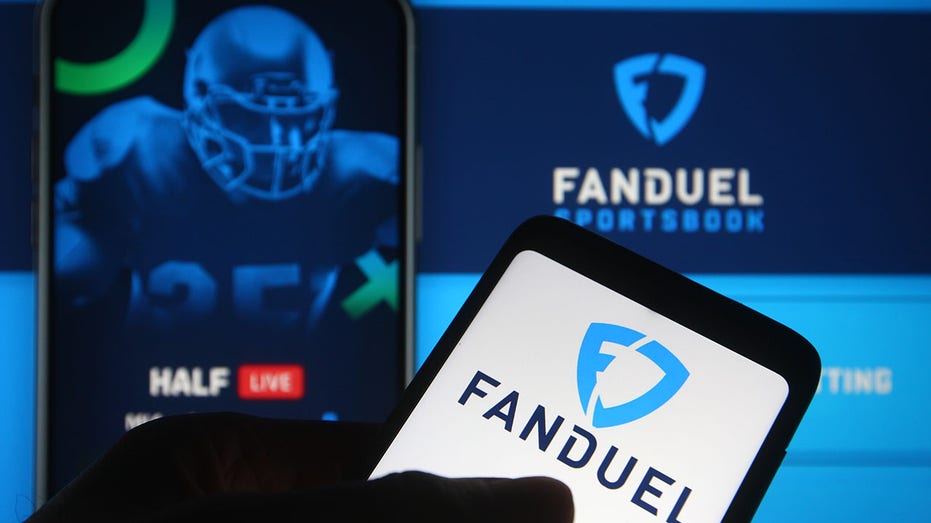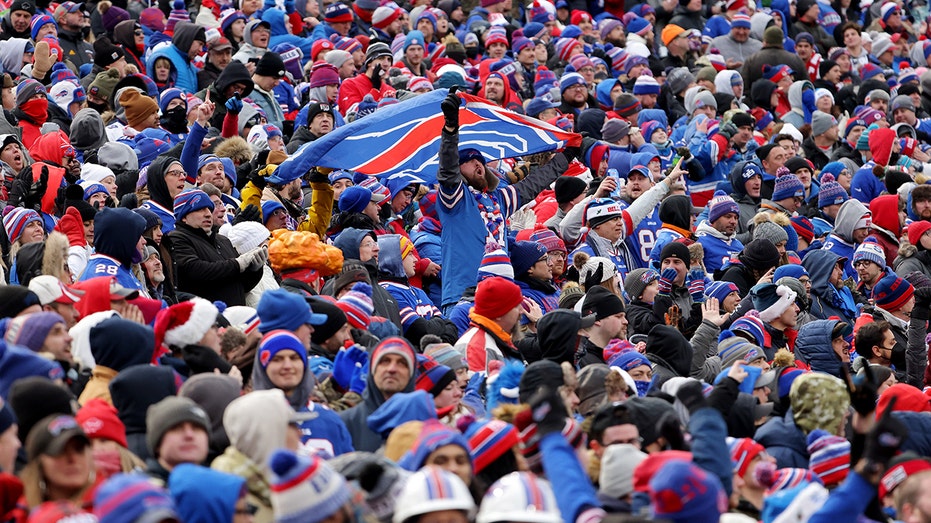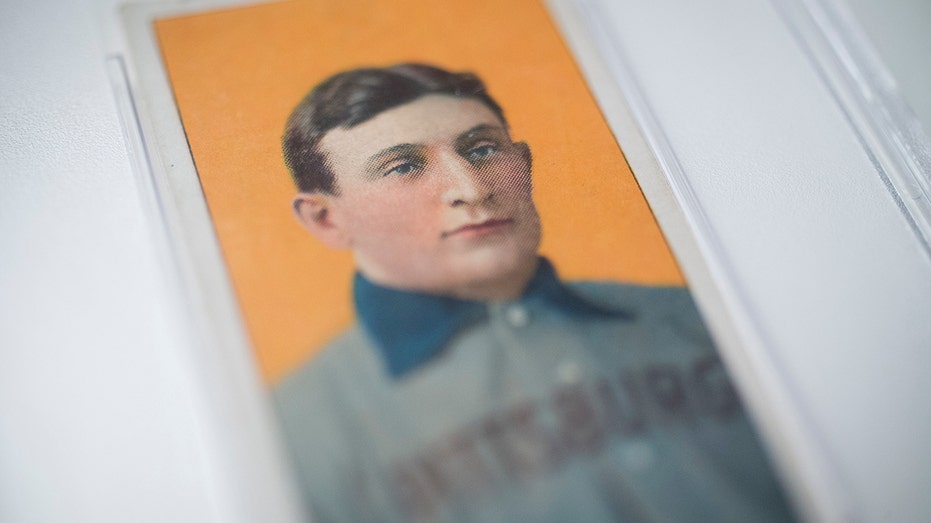Fanatics hits $31 billion valuation in latest funding round
Sports-merchandising company raises about $700 million from group of investors
Expansion of sports betting, gaming licenses leading to gambling surge
Soo Kim, managing partner and chief investment officer of Standard General, explains why he's betting big on the gaming industry.
Fanatics Inc. has raised about $700 million from a group of investors, pushing the sports-merchandising company’s valuation to $31 billion, according to people familiar with the matter.
About two-thirds of the new money came from parties that hadn’t previously invested in the company, including private-equity firm Clearlake Capital Group LP, which led the round, and investment and merchant-banking firm LionTree LLC, the people said. Prior Fanatics investors such as Silver Lake, Fidelity Management & Research Co. and SoftBank Group Corp. were also among the participants, they said.
Proceeds from the investment, which comes in the form of common stock, will be set aside for strategic M&A, the people said. The goal is to help Fanatics grow across its divisions, including its soon-to-be launched sports-betting and gaming business, and won’t be used to fund its day-to-day operations, they said.

In this photo illustration the FanDuel logo of a sports betting company is seen on a smartphone. Sport's betting has seen explosive growth as it has been legalized across more states. Part of Fanatics strong valuation was its plans to leverage its br (Pavlo Gonchar/SOPA Images/LightRocket via Getty Images / Getty Images)
Fanatics’ latest valuation marks a relatively modest step up from March, when it raised $1.5 billion at a $27 billion valuation. Still, it stands out as one of the few instances of a big company raising money at a higher valuation during the market turmoil of 2022.
ONLINE SPORTS BETTING SEES HUGE BUMP FROM LAST YEAR, INDICATING A BUSY YEAR AHEAD
The company expects to eventually complete an initial public offering but plans to wait until the new-issue market reopens and some of its newer business lines are more established, the people said.

Buffalo Bills fans cheer during the game against the Carolina Panthers at Highmark Stadium on December 19, 2021 in Orchard Park, New York. Fanatics main line of business is still selling fangear across many different sports and levels, including the (Timothy T Ludwig/Getty Images / Getty Images)
Under Chief Executive Michael Rubin, Fanatics has tried to expand into areas beyond its core business of providing merchandise and memorabilia for professional sports teams. That business still accounts for the bulk of the company’s revenue—close to $6 billion in 2022 out of an expected total of nearly $7 billion, the people said.
Another division, Fanatics Collectibles, includes the trading-card business the company launched last year, as well as a smaller one offering sports-related nonfungible tokens, or NFTs. The unit is on track to post about $1 billion in sales this year, a figure that is expected to increase as more of its exclusive trading-card deals with players’ unions and leagues such as the National Football League and the National Basketball Association kick in over the next few years, the people said.
A $350 million funding round valued the trading-card business at $10.4 billion in September 2021. In January, Fanatics said it was buying Topps Co., the dominant player in baseball cards. The purchase price was $500 million, The Wall Street Journal reported.

A 1909 baseball card of Pittsburgh Pirates shortstop Honus Wagner is displayed for a photograph in New York, U.S., on Tuesday, Feb. 19, 2013. Fanatics has also recently gotten into the Baseball Card industry. (Scott Eells/Bloomberg via Getty Images / Getty Images)
CLICK HERE TO GET THE FOX BUSINESS APP
Mr. Rubin has said Fanatics’ third division—its sports-betting business—will launch in the spring of 2023 and will be in more than 15 states by the beginning of the next football season. Its launch would be the culmination of a monthslong effort by the company to enter the rapidly expanding market. Last year Fanatics hired Matt King, the former CEO of online-betting platform FanDuel Group, to run the unit. It had an early setback in November 2021 when New York gaming regulators rejected its application for a license.




















